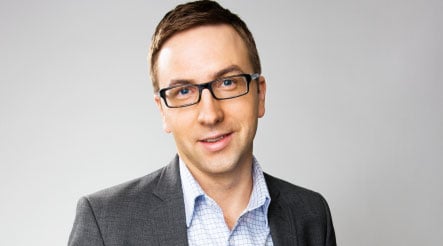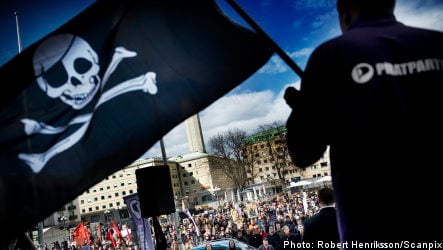Malm first entered politics in 1994 after returning to Sweden from an exchange programme in New England, USA. Sweden was preparing for the referendum vote to join the EU, and Malm became involved in campaigns in favour of the idea. He says that during this time he met representatives from the Liberal Party, and decided to join.
Since then, he’s been a voice for citizens of war-torn and politically unstable countries, specifically the Middle East and the Baltic nations.
“I believe that in Sweden it’s often taboo to talk about these issues, but I think they are important to raise in public debate,” says Malm.
Currently, citizens of countries like Croatia, Serbia, Bosnia and Herzegovina, Montenegro, Albania, Kosovo, all face complicated and expensive procedures if attempting to obtain a Swedish visa. Malm says these rules must be softened, and eventually completely abandoned.
“When it comes to Balkan states, it’s important to try to include them in the European integration,” says Malm. “I believe the enlargement of the union is also important; there are other countries that want to be members.”
He also says if the EU stops depending on Russia for oil and gas, it will be able to give stronger support to Georgia and Ukraine, the “countries worried about what’s happening in Russia.”
Malm says he is also in favour of Turkey joining the union, so long as its government makes reforms to adopt democracy. For example, it must protect the right to speak Kurdish in its Constitution, decrease the role of the military and adopt stronger free speech protection.
“It surprises me that nobody talks about the issues of Russia and Turkey,” Malm says. “In other countries there is debate about it in this election, but here there’s nothing. I’ve talked about this at every meeting for a year now.”
The Middle East has also been a large focus in his campaign, and he says the EU should play a stronger role in promoting democracy in this area.
“The EU needs to find a real strategy to protect human rights and support democratization in the Middle East,” he says.
“I think the Israeli conflict with Palestinians and Arab states will go on for a long time, and the EU can play a bigger role there. There’s uranium enrichment in the Republic of Iran.
“In Tehran, there is denial of the right of Israel to exist, and denial of the holocaust. There are so many conflicts, and we can’t rely on American troops in the Middle East, or just cover over the conflicts.”
Malm was a key figure in the instigation of immigrant identity cards, which became available on June 1st. He says Sweden should soon have another vote to adopt the euro, and become more involved in EU issues than at present, in an attempt to combat anti-Semitism, hate and racism through the union.



 Please whitelist us to continue reading.
Please whitelist us to continue reading.
Member comments